The Writing Center works with everyone in the DePaul University community to support writers and to promote the use of writing in teaching and learning. Learn more about our historical context, and how that has influenced our mission, core values, beliefs, and practices—all of which inform the work we do every day. From programs and initiatives to each individual appointment. From our big-picture vision to our tutors’ work with writers.
🗒️ Contact Information
🗺️ Location and Hours
⭐ Mission Statement
The DePaul University Writing Center, part of the Office of Academic Affairs, promotes writer development, writing instruction, written texts, and the use of writing as a powerful learning and representation modality. Given writing’s ubiquity in educational, professional, creative, and personal contexts, the Center supports students, faculty, staff, and alumni with any writing project at any stage.
The Center aligns student support with authentic writing practices, such as seeking feedback and revising works in progress. Similarly, it helps instructors incorporate best practices for teaching and learning writing into their courses.
Using research-based approaches, the Center motivates writers and instructors to write, better understand writing’s role in their lives, and successfully complete assignments.
The Center recognizes that writing and learning to write reflect cultural history and values. It also acknowledges that historically, those with political and social power have used writing to marginalize certain groups. Therefore, the Center’s training, professional development, and work aim to make writing a force for shaping our future in ways that honor and celebrate diverse linguistic traditions.
Through initiatives like Peer Tutoring, the Writing Fellows Program, and Workshops, the Center creates space for collaboration, growth, and development as learners, teachers, and writers.
🏅Core Values, Beliefs, and Practices
Staff members at the Writing Center are required—and empowered—to make decisions without direct instruction or supervision. To support Writing Center tutors in their work and to be clear and transparent about our expectations, Writing Center administrators—in collaboration with a wide range of tutors—have articulated certain Core Values, Core Beliefs, & Core Practices that all tutors can use to guide their work with writers and with one another.
Guiding Your Work
While we ask you to refer to and be knowledgeable about the policies and guidelines detailed in this handbook, we know we cannot foresee every situation in which you may find yourself. When confronted with unprecedented, challenging, or even everyday situations, Writing Center tutors can use our Core Values, Core Beliefs, and Core Practices to make good decisions that fulfill their responsibilities.
🫀Core Values
The Writing Center places certain institutional values at the core of our everyday work—values that guide and shape how we coordinate our central programs, how we interact with one another and the writers with whom we work, and how Writing Center administrators make decisions about Writing Center policies, expectations, and practices.
Our Core Values
Collaboration
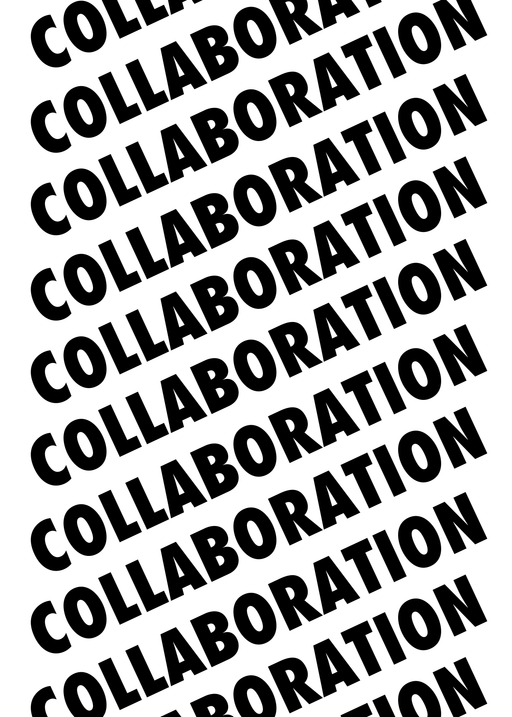
Diversity
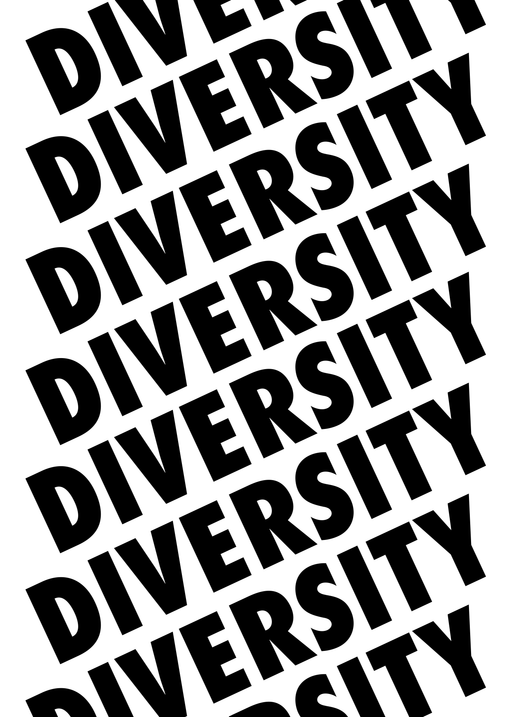
Reflection
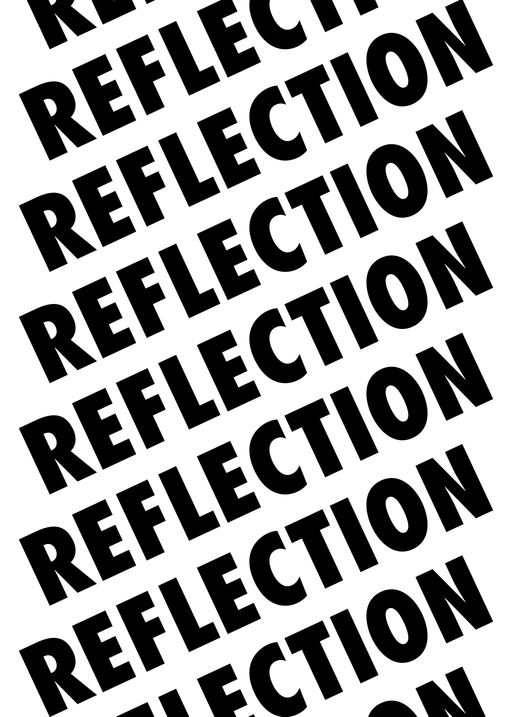
Respect
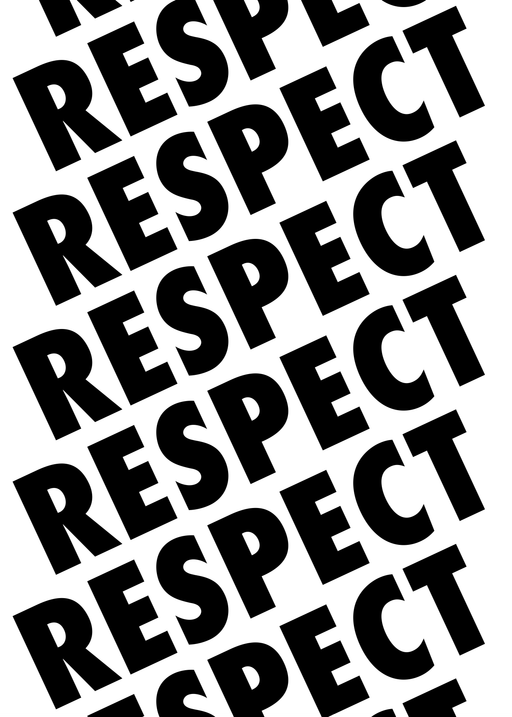
Revision
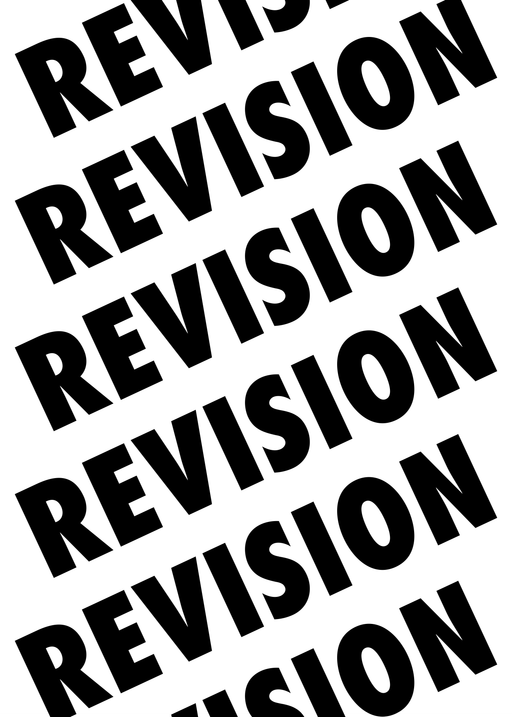
Transparency
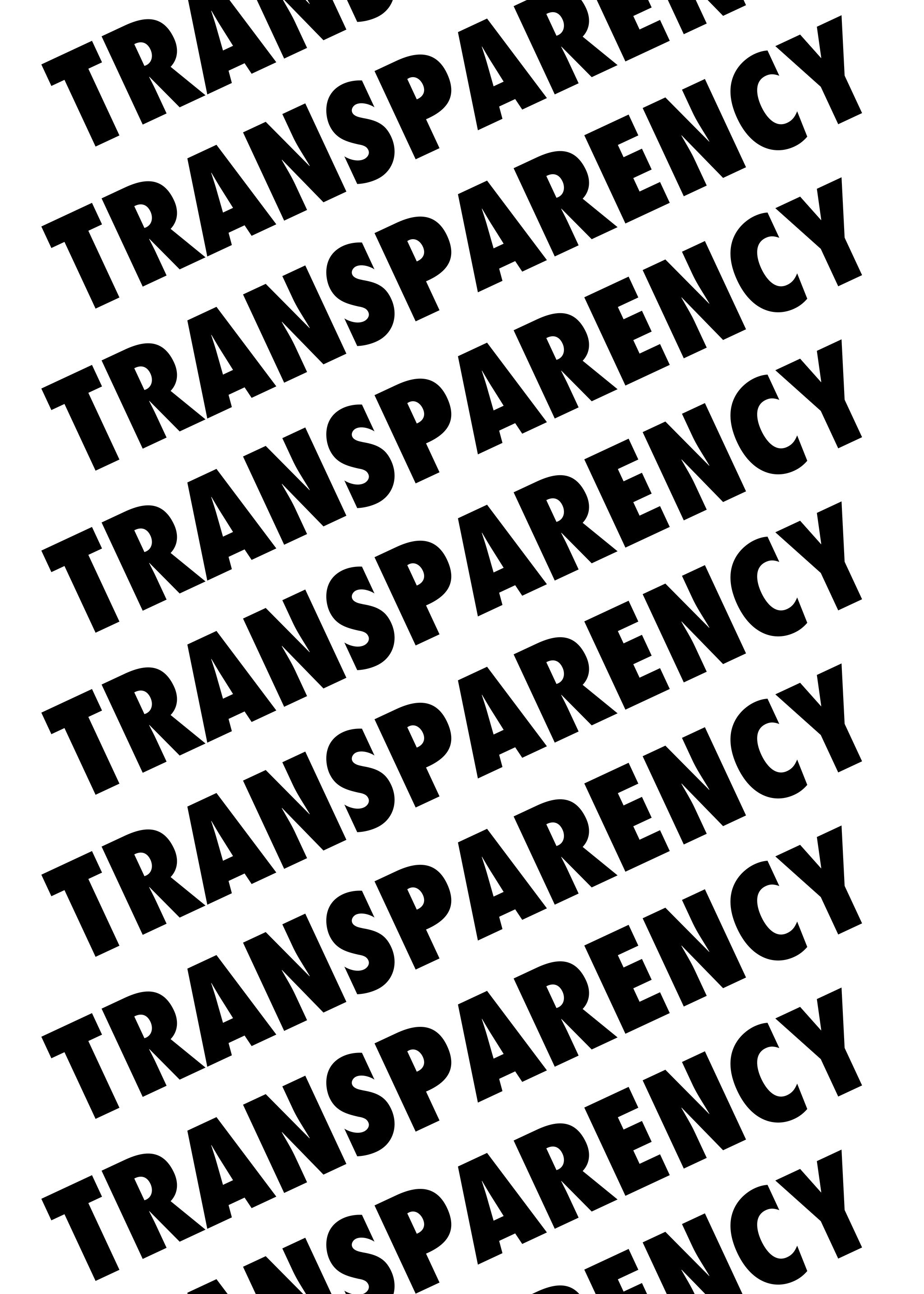
☀️ Core Beliefs
To inform and shape our work, we’ve created six core beliefs about writers, writing, and learning. These core beliefs are based on scholarship from writing studies researchers and theorists.
Our Core Beliefs

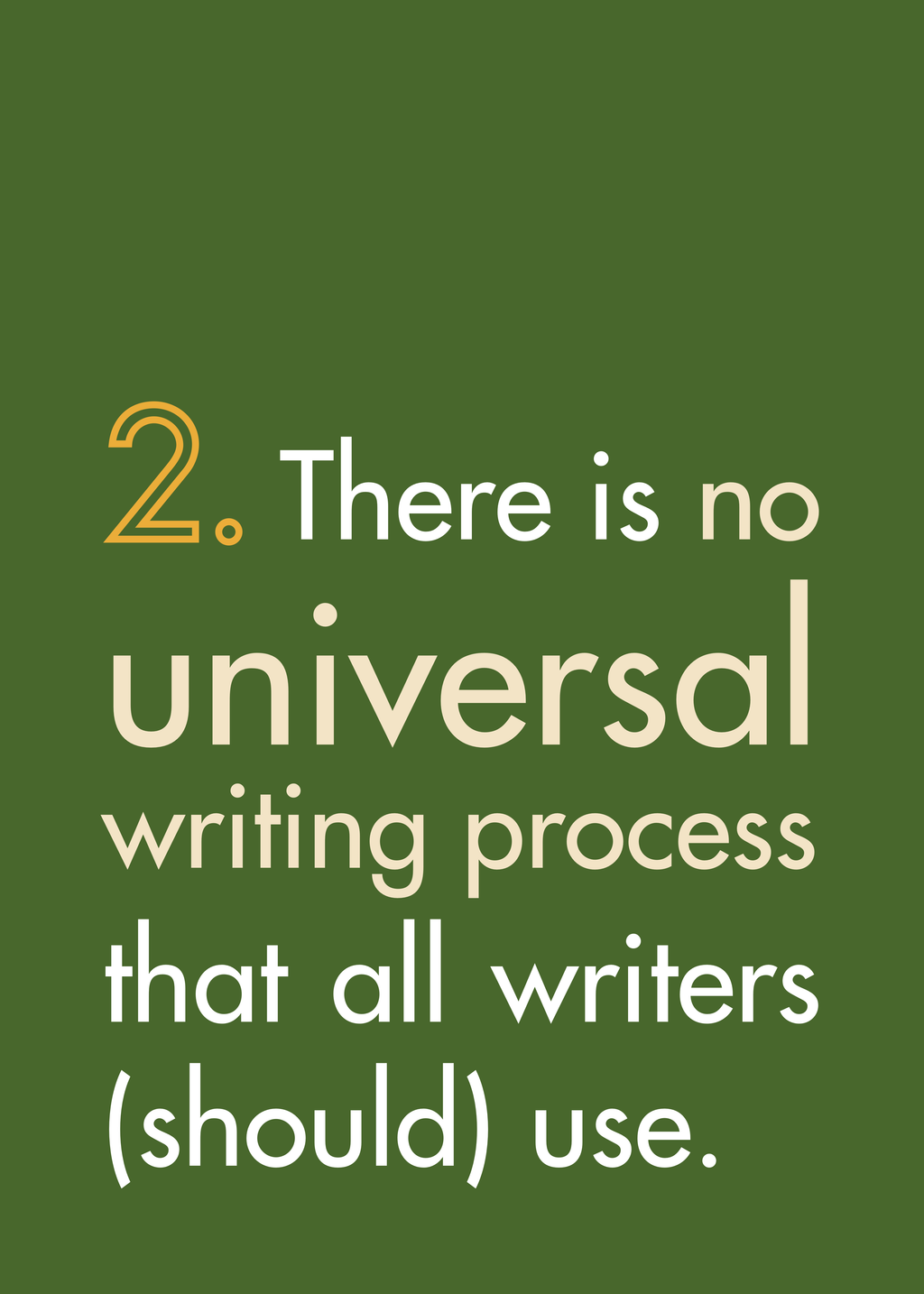
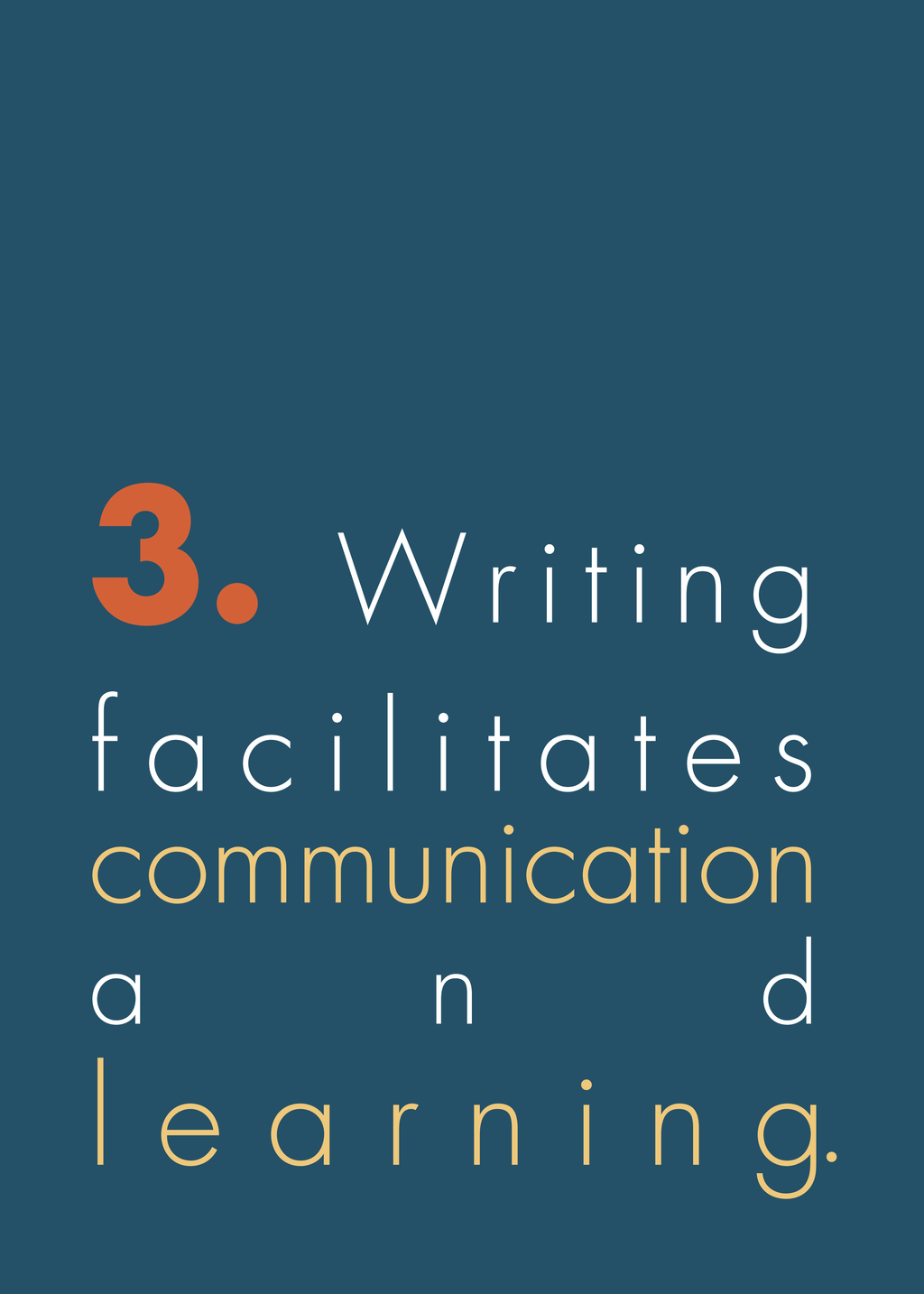
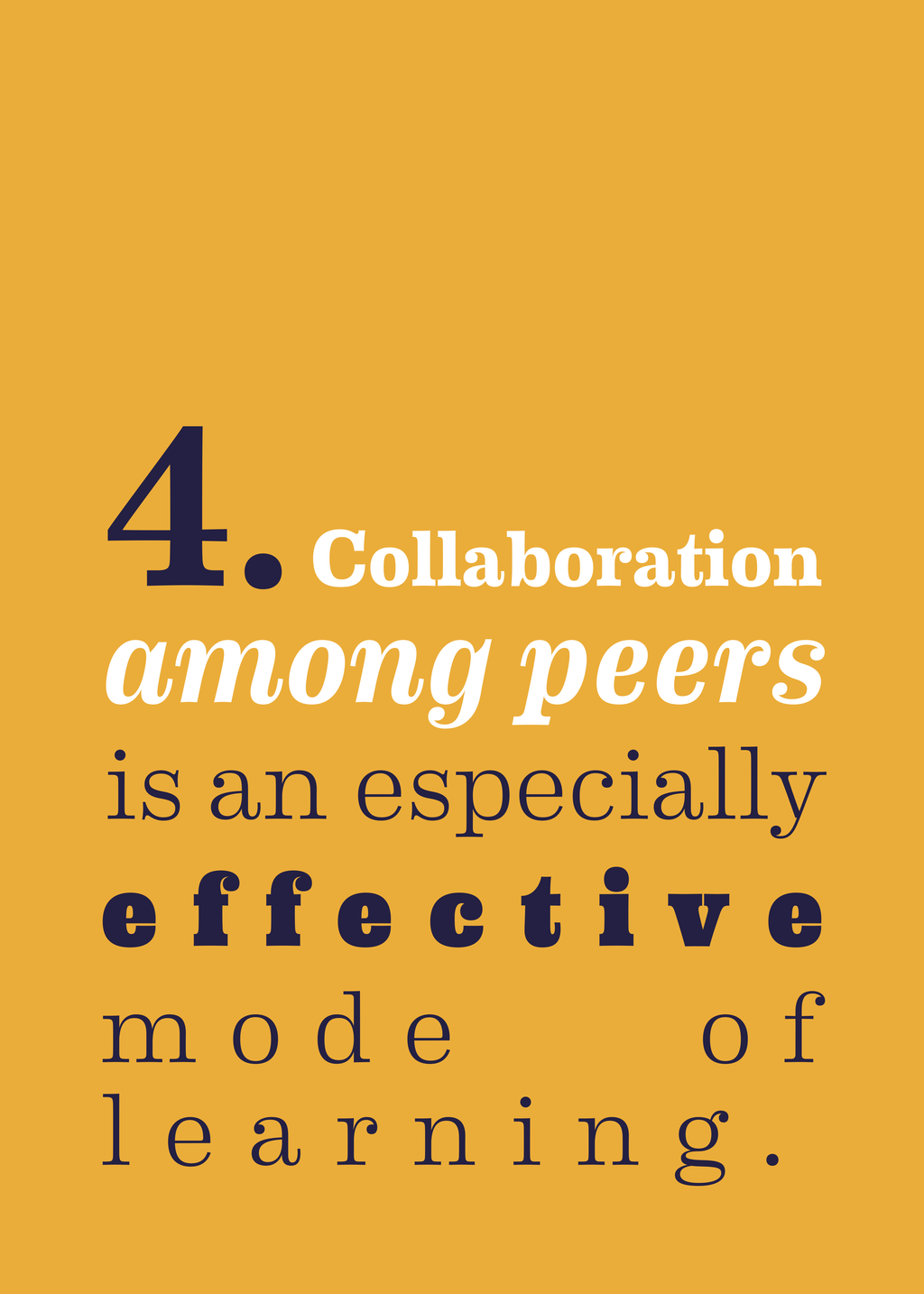
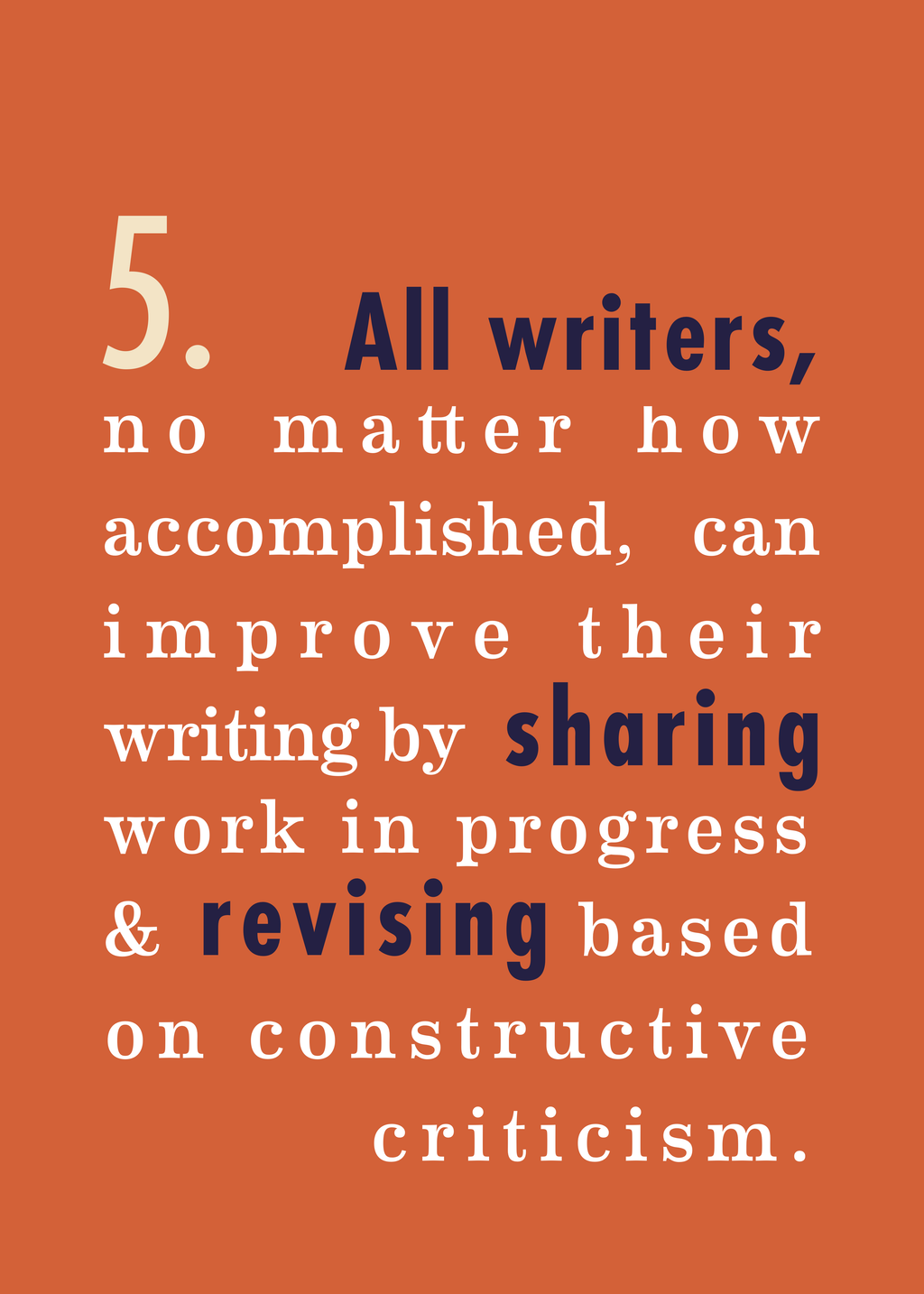
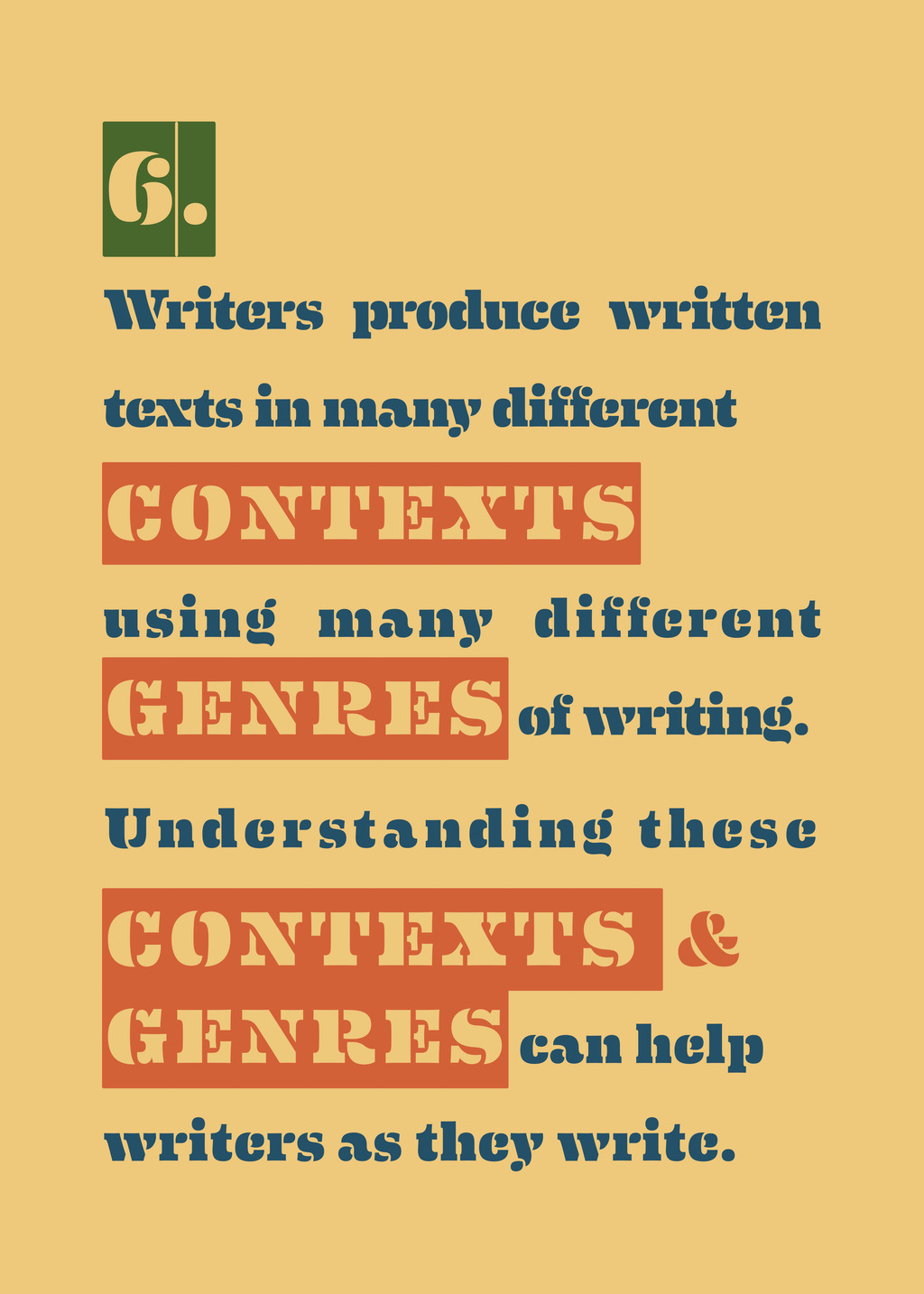
👋🏽 Core Practices
To be transparent about our guidelines for collaborating with writers and with one another, we’ve articulated 10 core practices Writing Center tutors can use to guide their work.
Our Core Practices

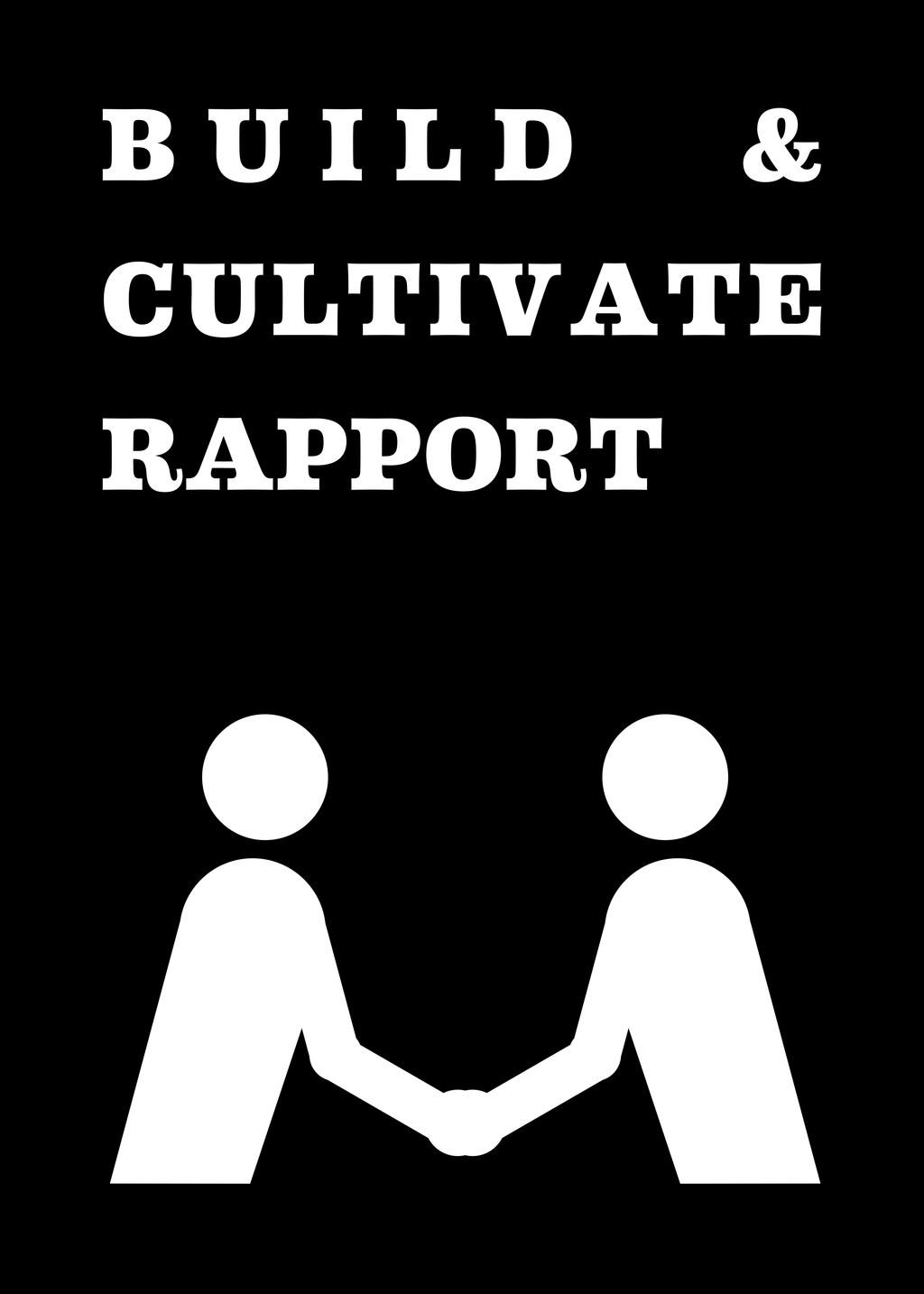

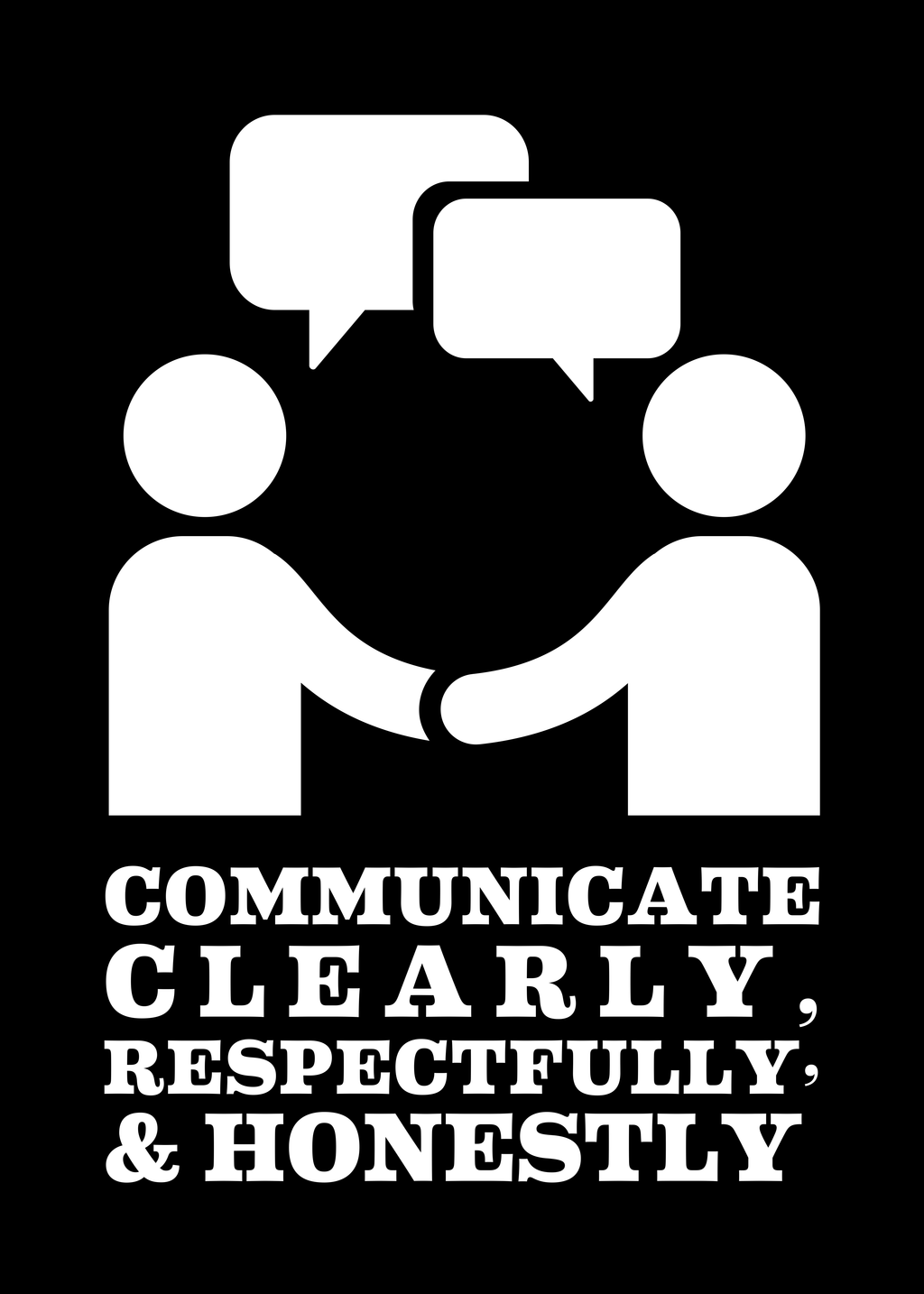
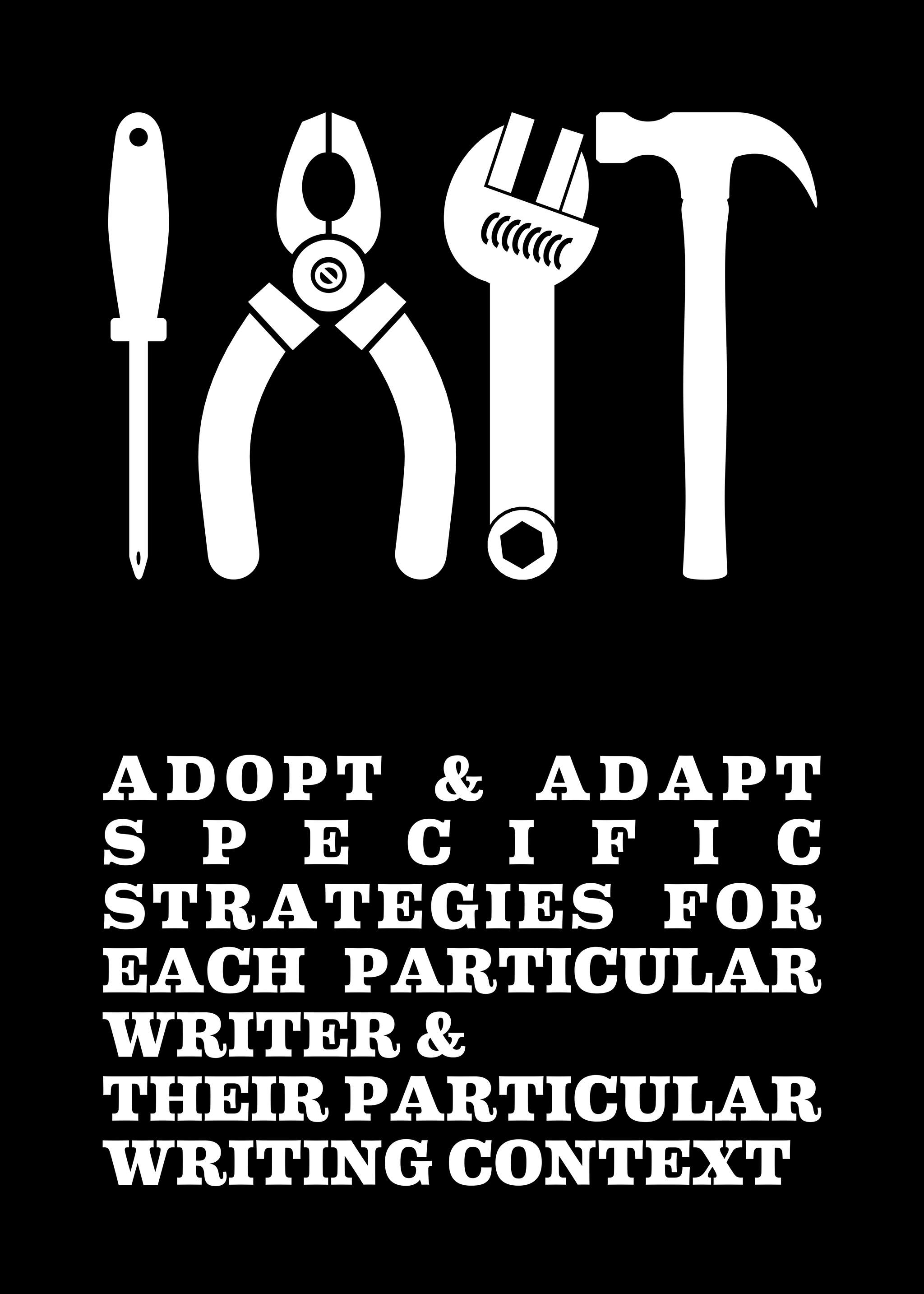
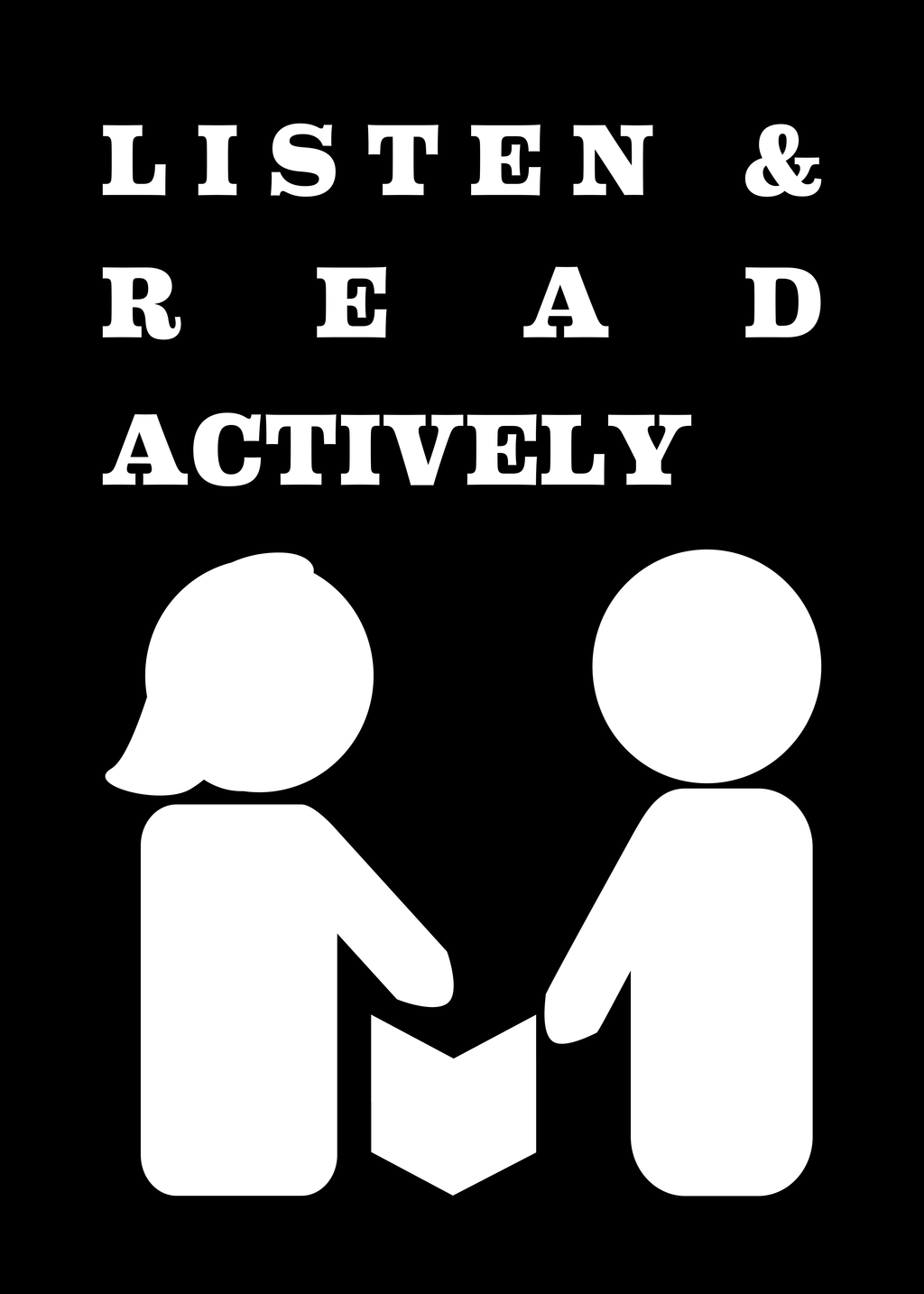
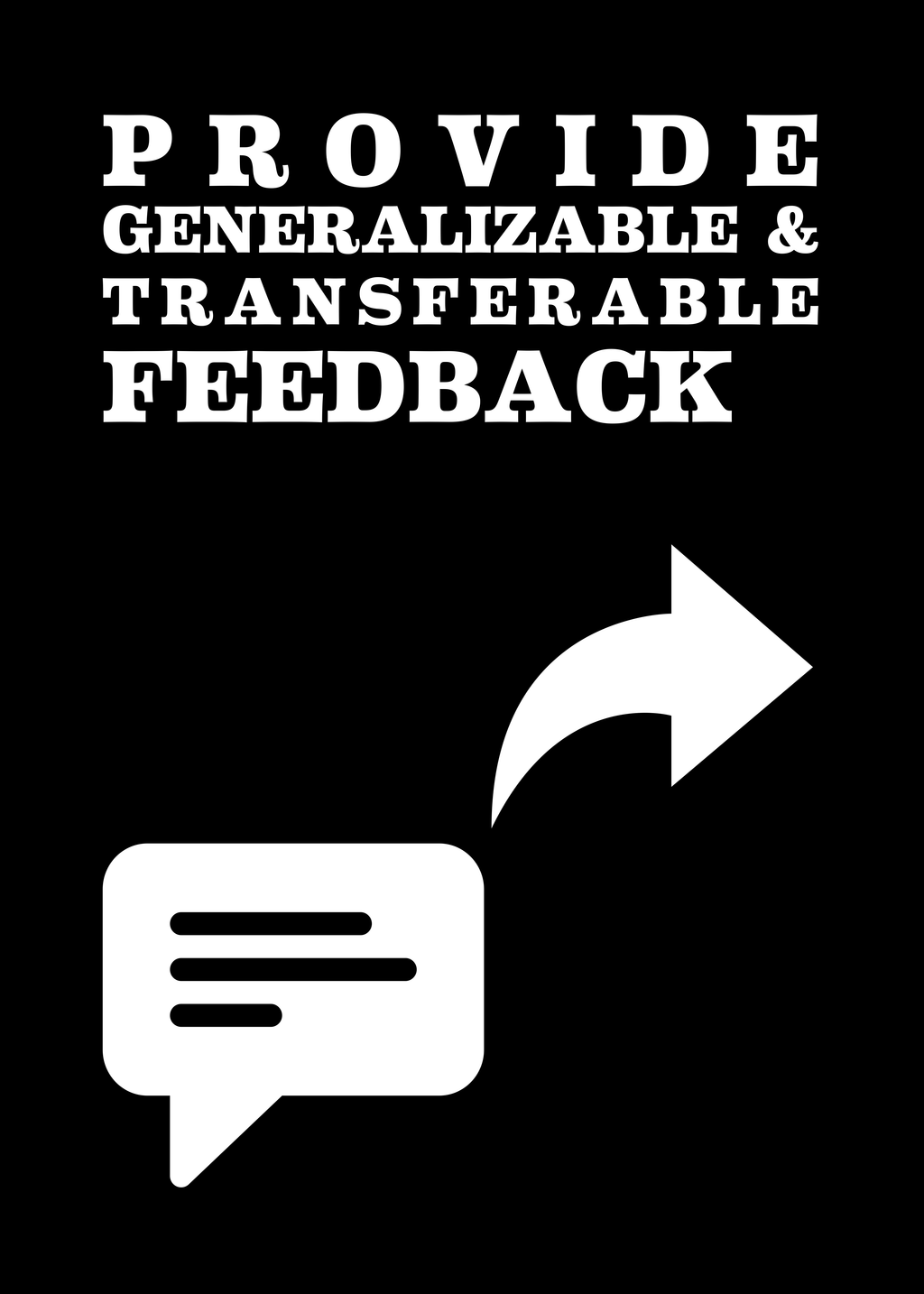

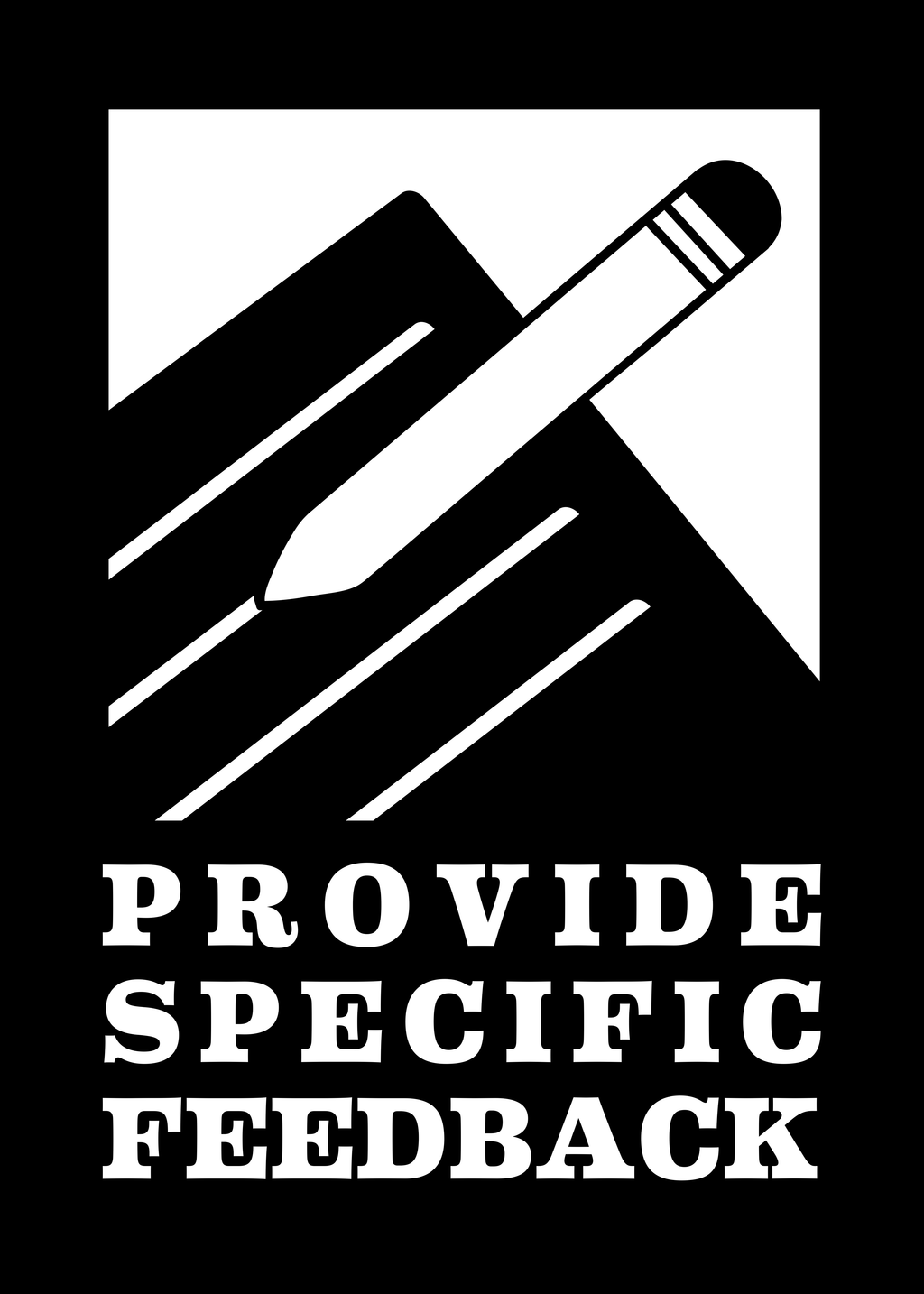
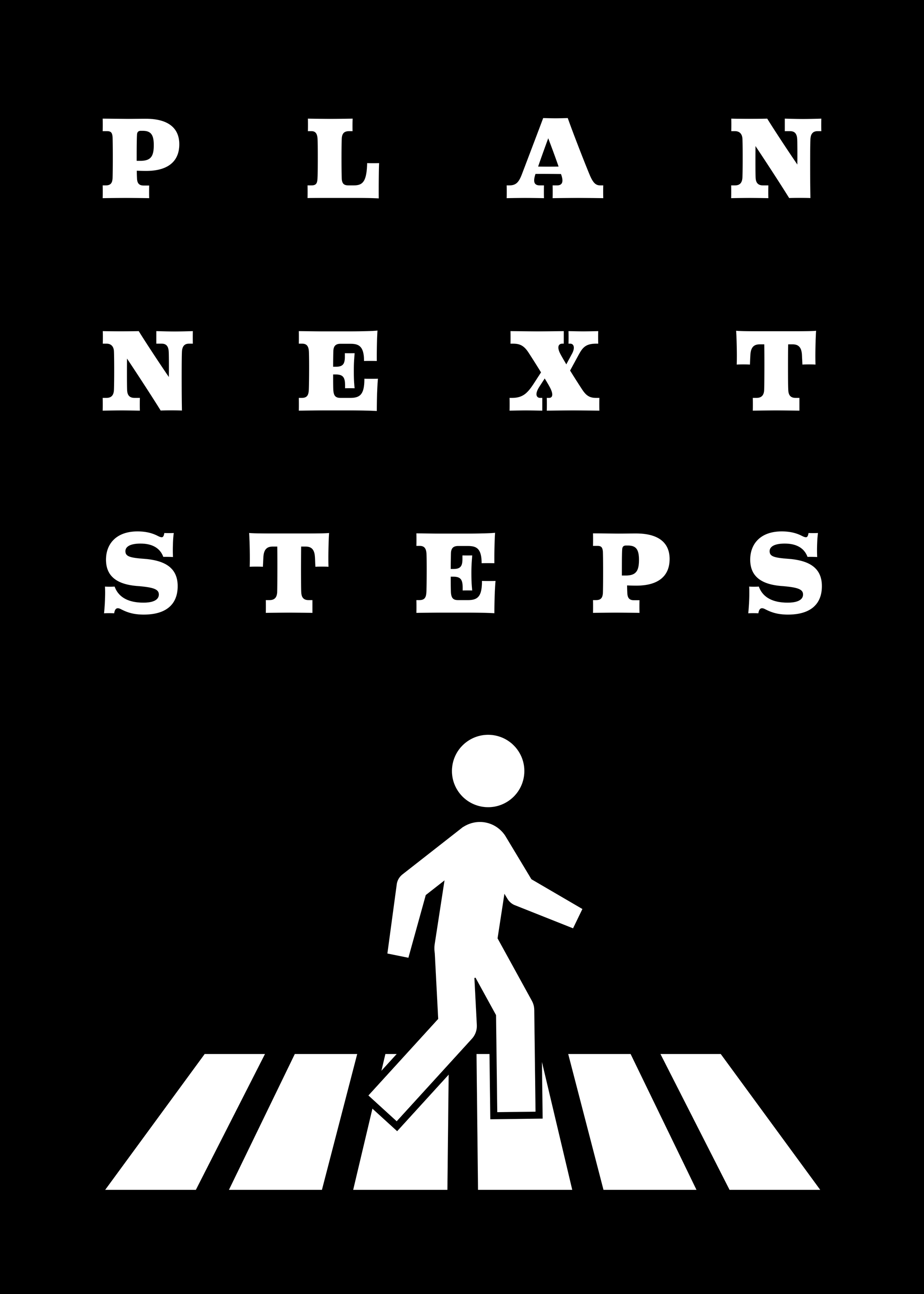
📝 Co-Curricular Learning Outcomes
As a co-curricular program that “contribute(s) to the DePaul student experience by offering learning opportunities and support for students” (Undergraduate Student Handbook) the Writing Center has five learning outcomes for our work—four focused on our impact on student writers and one focused on tutors.
- Students who use the Writing Center will be able to engage in conversations about writing as an open-ended, recursive process.
- Students who use the Writing Center will implement feedback to revise their writing.
- Students who use the Writing Center will use strategies for finding, assessing, integrating, and documenting sources.
- Students who use the Writing Center will demonstrate the ability to articulate their own writing needs.
- Tutors at the Writing Center will develop culturally-sensitive and research-based strategies for helping a diverse population of students improve their writing skills.
Our Co-Curricular Learning Outcomes are used to assess our work on a biannual basis—assessment results that play a role in DePaul’s institutional accreditation by The Higher Learning Commission.
📍Historical Context at DePaul
In 2006, DePaul University established the University Center for Writing-based Learning (UCWbL) to help increase academic rigor, a central goal of the University in strategic plan Vision2012.
The Writing Center—then in existence in various iterations and with a range of names since 1968—was brought under the umbrella of the UCWbL, alongside new initiatives focused on promoting effective writing instruction and written communication.
Having spent 2006-2022 successfully developing and implementing faculty outreach and support programs like Writing Fellows and Workshops, in an effort to better connect with and serve the DePaul community, we reverted to branding our center as The Writing Center.
Support and advocacy for writing, rhetoric, and literacy as important fields of study and for writing as a powerful modality for learning have followed larger trends in higher education throughout the half-century since the inception of some form of peer-based writing tutoring at DePaul. We are indebted to those who came before us and helped to build the Writing Center into what it is today.
🗓️ Timeline
1968
- The DePaul College Writing Program hires “readers” for the 1968-1969 academic year. Pay: $2 per hour. Duties include “tutoring students”
1972
- Staffed by 27 professors and 11 undergraduates, the DePaul College Writing Program announces “an agency, free of charge, whose purpose is to assist students with writing problems,” to help “develop writing skills advantageous to their own needs in college, and continuation in later life”
1976
- As part of a larger Universal Skills Program, the Communications Course launches with over 400 first-year students, each required to attend a tutoring session as part of the course. Over 30 tutors are involved
1977
- The Writing Program is open weekdays for tutoring in the Byrne Hall basement from 8:30a to 12:00p and in Lewis Center room 1503 from 12:00p to 3:00p. Students enrolled in Communications 101 are required to meet for 1 hour per week in groups of 4 or 5 with 1 of 25 tutors
1979
- The Writing Tutor: Theory and Practice (HUM 395) is offered for the first time
1981
- Lincoln Park Writing Program office and tutoring moved to McGaw Hall
- First Writing Program Handbooks—for Tutors and for GAs—developed
1983
- The Writing Program administrators add oversight of a new Reading Program, providing tutoring in reading. Tutor pay is $5 or $6 per hour, depending on experience
1984
- The Writing Program and Reading Program officially merge
- The Writing Tutor: Theory and Practice moved to English department; the course becomes English 395
1987
- The merged Writing Program & Reading Program renamed the Reading and Writing Centers
- Drop-in tutoring in SAC 274 added for 2 to 6 hours each weekday
1989
- The Reading and Writing Centers and the Common Studies English Program collaborate to offer 1 hour intensive workshops on “agreement, commas and semicolons, and using quotations”
- Outreach program established
1995
- The Tutor-Link Project begins, placing graduate assistants in First-Year Writing classes to “engage the students in their writing processes”
1996
- The DePaul University Writing Center’s website, depaul.edu/~writing, launches; scheduling services offered via email
- The Writing Center begins offering “computer assisted tutoring,” for writers who “prefer to work/revise on a computer”
1999
- “Informal conversation groups” offered at the Loop Writing Center for students enrolled in the English Language Academy (ELA)
2000
- A “HyperNews Forum” launched for writers to submit short questions online
- The “Annotations Environment” web interface launches, allowing tutors to “respond to written material without a face-to-face tutorial”
2001
- The Loop Writing Center relocates to 1620 Lewis Center
- Saturday tutoring offered for the first time
- Writing Across the Curriculum, Presentations/Workshops, and Publications and Research initiatives begin
2002
- The Writing Center rolls out an online scheduling form
2006
- The University Center for Writing-based Learning (UCWbL) established: including the existing Writing Center and a newly funded Faculty Services initiative
- The Writing Center begins using WCOnline for scheduling appointments
2007
- The Writing Center’s website, depaul.edu/writing, officially rebranded as the UCWbL
- The Lincoln Park Writing Center moves to McGaw 250
- Training course renamed Writing Center Theory and Pedagogy and moved to Writing, Rhetoric, and Discourse department; the course becomes WRD 395
2009
- The Writing Fellows program piloted in Spring Quarter and begins official operations in Autumn Quarter
- The first UCWbL staff awards banquet, The Penny Awards, held
- Loop UCWbL & Writing Center moved to 1600 Lewis
2010
- The Collaborative for Multilingual Writing & Research (CMWR) founded
- UCWbLing, a blog about writing and peer writing tutoring, first published
2011
- Peer Tutor & Mentor Summit established
- The UCWbL’s radio show airs on Radio DePaul for the first time: Scrawl Radio
- The Breakroom, the UCWbL’s web series about research-based approaches to challenges peer writing tutors confront debuts on YouTube
2013
- Lincoln Park UCWbL & Writing Center moved to Schmitt Academic Center (SAC) 212
- Outreach and Workshops become “Central Programs”
- Summer Session tutoring offered for the first time
2016
- Redesigned UCWbL website launched
- Screencast Video Feedback appointments offered for the first time
- The Penny Awards renamed The Liz Awards in honor of Elizabeth Coughlin, retiring UCWbL associate director
2017
- Appointment “letters” summarizing and documenting each appointment and sent to each writer instituted
2019
- The Best ePortfolio Award is renamed in honor of Lauri Dietz, the UCWbL’s director from 2008-2018. The Lauri Dietz Award for Best Overall ePortfolio
- Scrawl Radio and Screencast Video Feedback appointments phased out of operation
2020
- UCWbL operations move to online-only on Thursday, March 12 due to COVID-19
2021
- UCWbL operations continue as online-only due to COVID-19 through the 2020-2021 academic year
- UCWbL operations return to in-person in our Lincoln Park & Loop locations on Wednesday, September 15, 2021
2022
- The UCWbL reverted back to branding the center as The Writing Center






